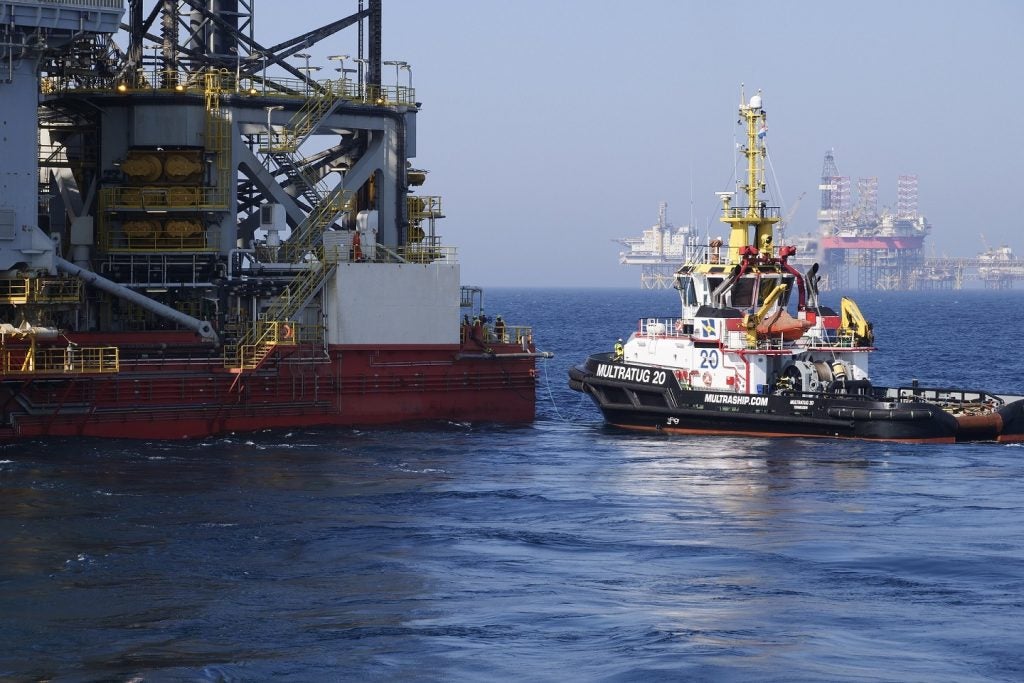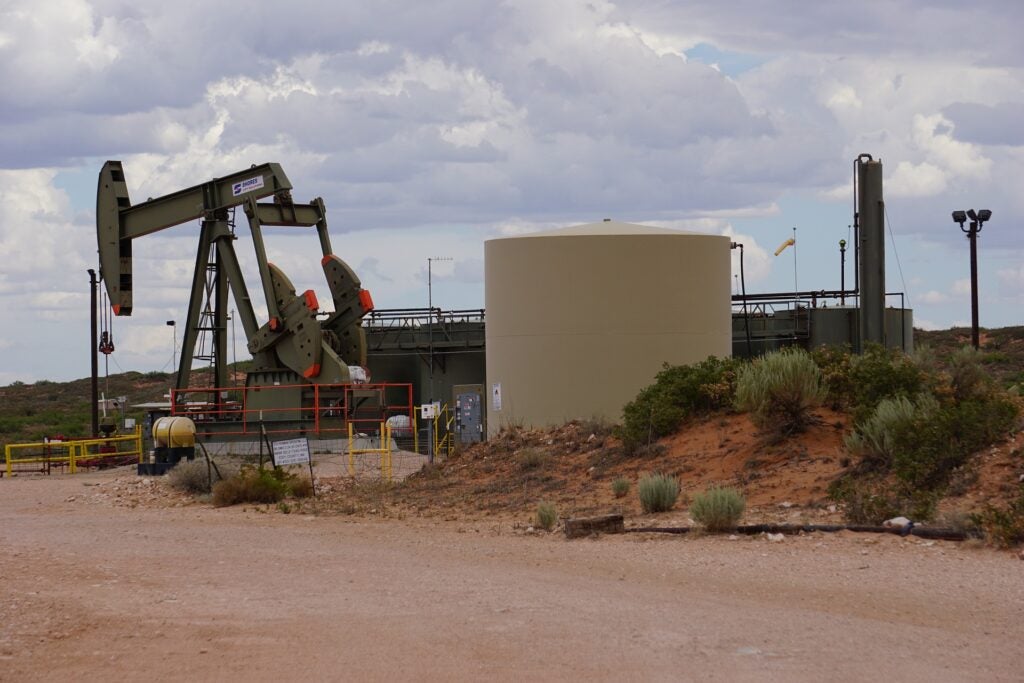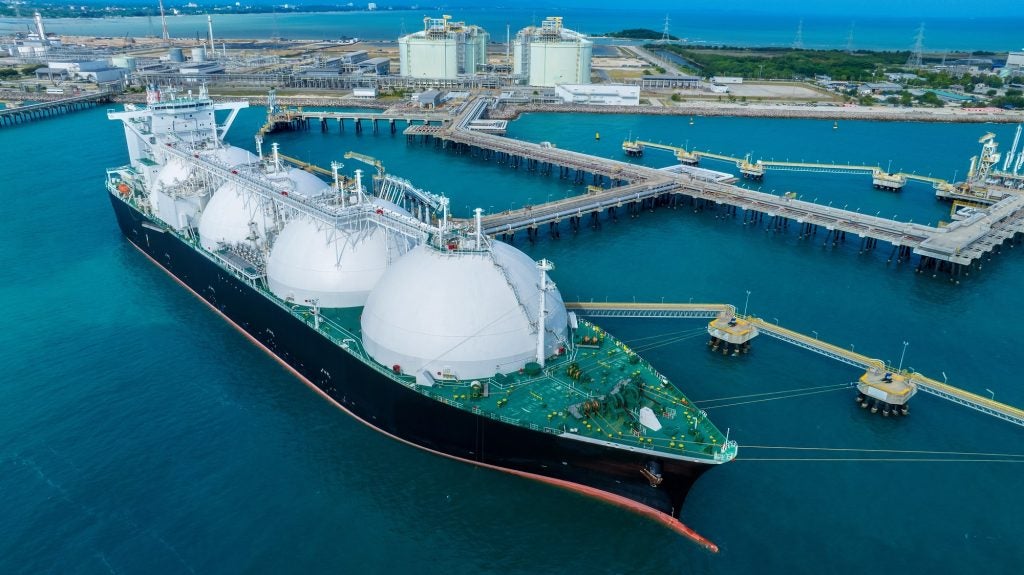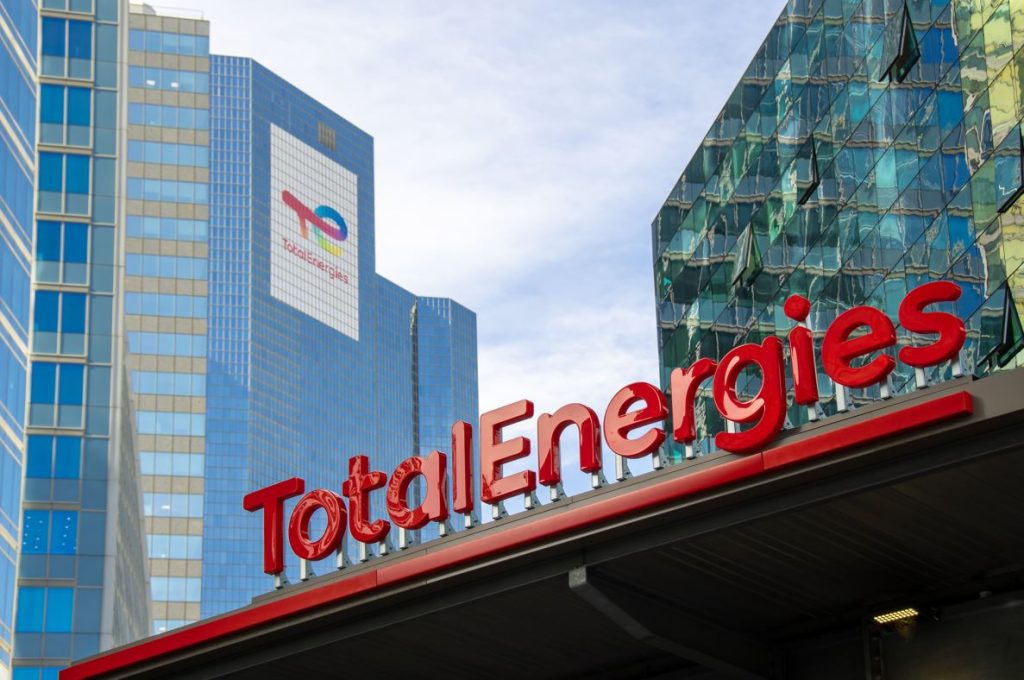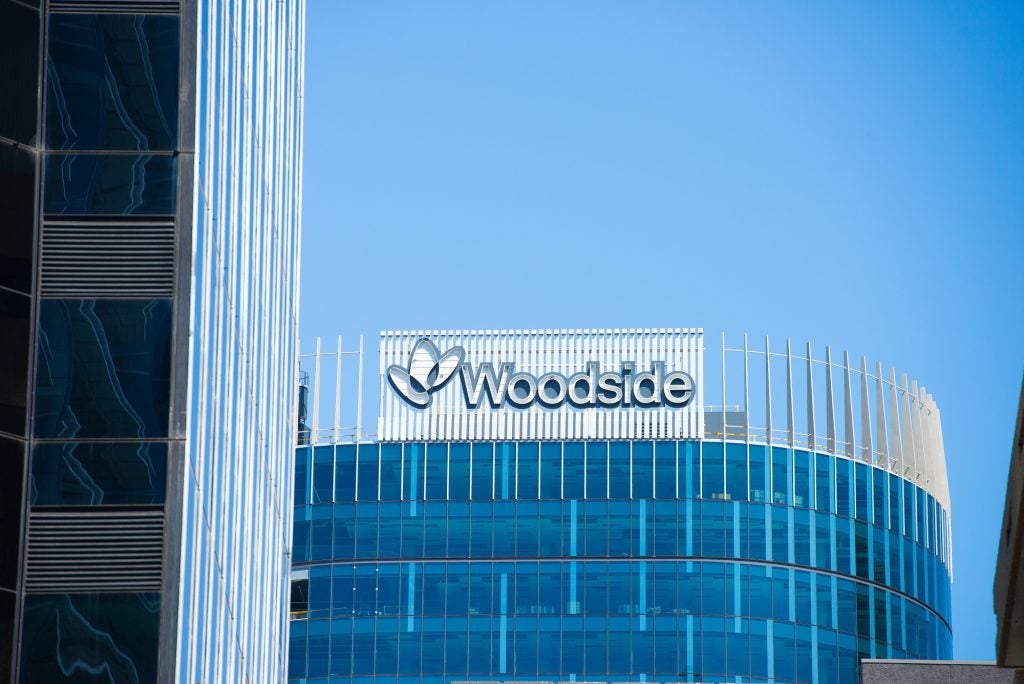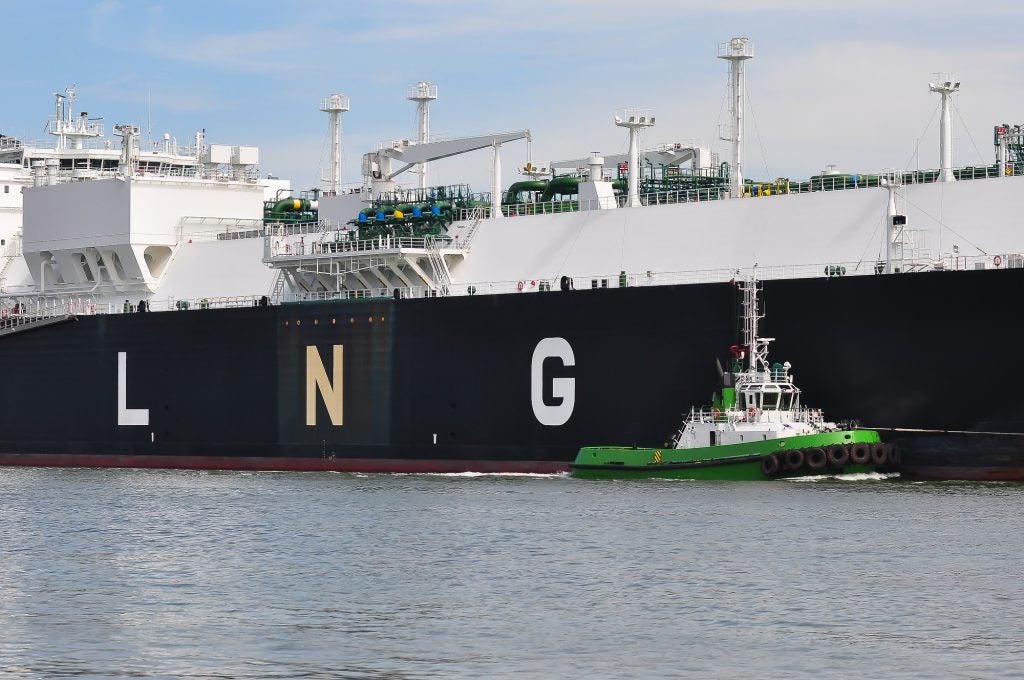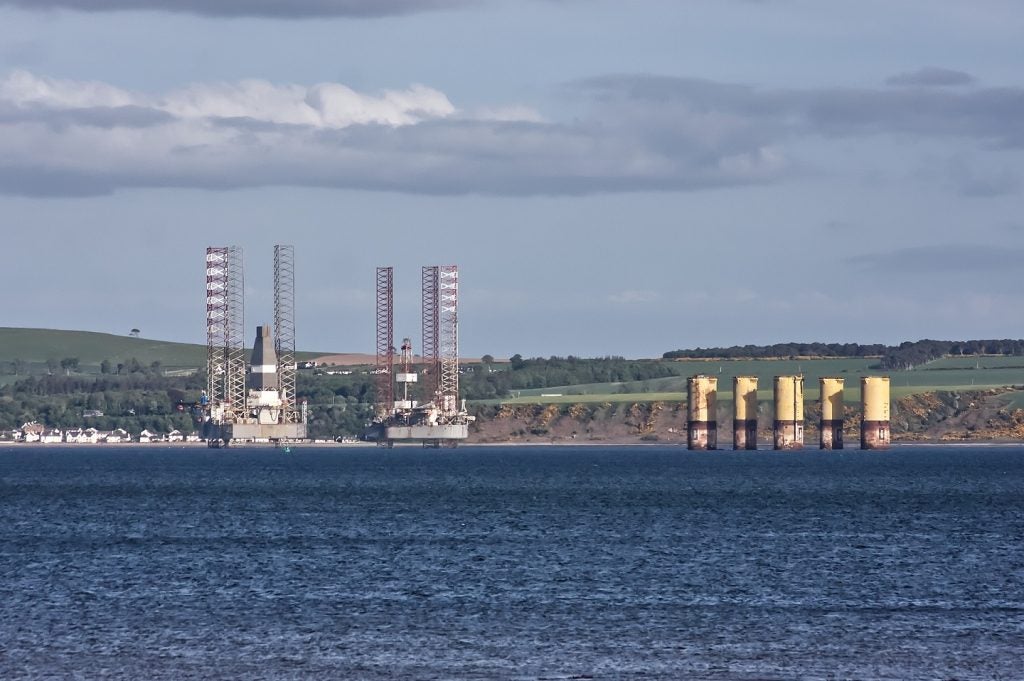Natural gas prices in Europe have spiked following an announcement from workers at one of Australia’s major liquified natural gas (LNG) export plants that they may begin to strike action.
Offshore Alliance, which represents two labour unions in the country, said workers had “unanimously endorsed” a strike at Woodside Energy’s North West Shelf facilities if demands were unmet. The plant accounts for around 4% of the global LNG supply. Workers would give Woodside seven working days before striking, beginning as early as the 2 September.
Strike action may spread to other Australian LNG facilities, and workers at the Gorgon and Wheatstone LNG facilities belonging to Chevron are voting whether to grant unions permission to call a strike. Results of the ballot are expected on Thursday.
On Monday, TTF natural gas futures, typically used as the European benchmark, rose as much as 9.1% to €41 per megawatt hour ($13 per million British thermal units). They finished the day up 6.5% at €40 MWh.
Workers are seeking higher pay, better job security and improved working conditions from Woodside and Chevron. Reduced production could have consequences for global supply chains.
Woodside CEO Meg O’Neill told the Financial Times on Tuesday that the spike in European gas prices is “irrational” and a “clear sign of the fragility of the market”.
Offshore Alliance is due to meet with Woodside for talks on Wednesday. O’Neill told reporters that the company has “constructively addressed” several workers’ concerns ahead of the talks.
"It takes two to tango," the CEO told Reuters. She added that the company was "proceeding with goodwill and with respect" in its talks with the union and "very focused on really understanding the key areas of concern".
Offshore Alliance, which represents the Maritime Union of Australia and Australian Workers' Union, said in a post on its Facebook page that “it’s time that Woodside’s operations workforce got their fair share of the profits they generate for the Woodside shareholders”.
While Europe is not a typical buyer of Australian LNG, if Asian buyers are forced to look elsewhere, they will be directly competing with those in Europe. The continent has become increasingly reliant on LNG due to reduced gas supply from Russia amid the ongoing war with Ukraine.
Last week the EU hit its gas storage target months ahead of its deadline, meaning that a spike in European prices may be short-lived. The bloc’s storage facilities are filled 90%, and the gas will be used throughout the continent’s winter.




